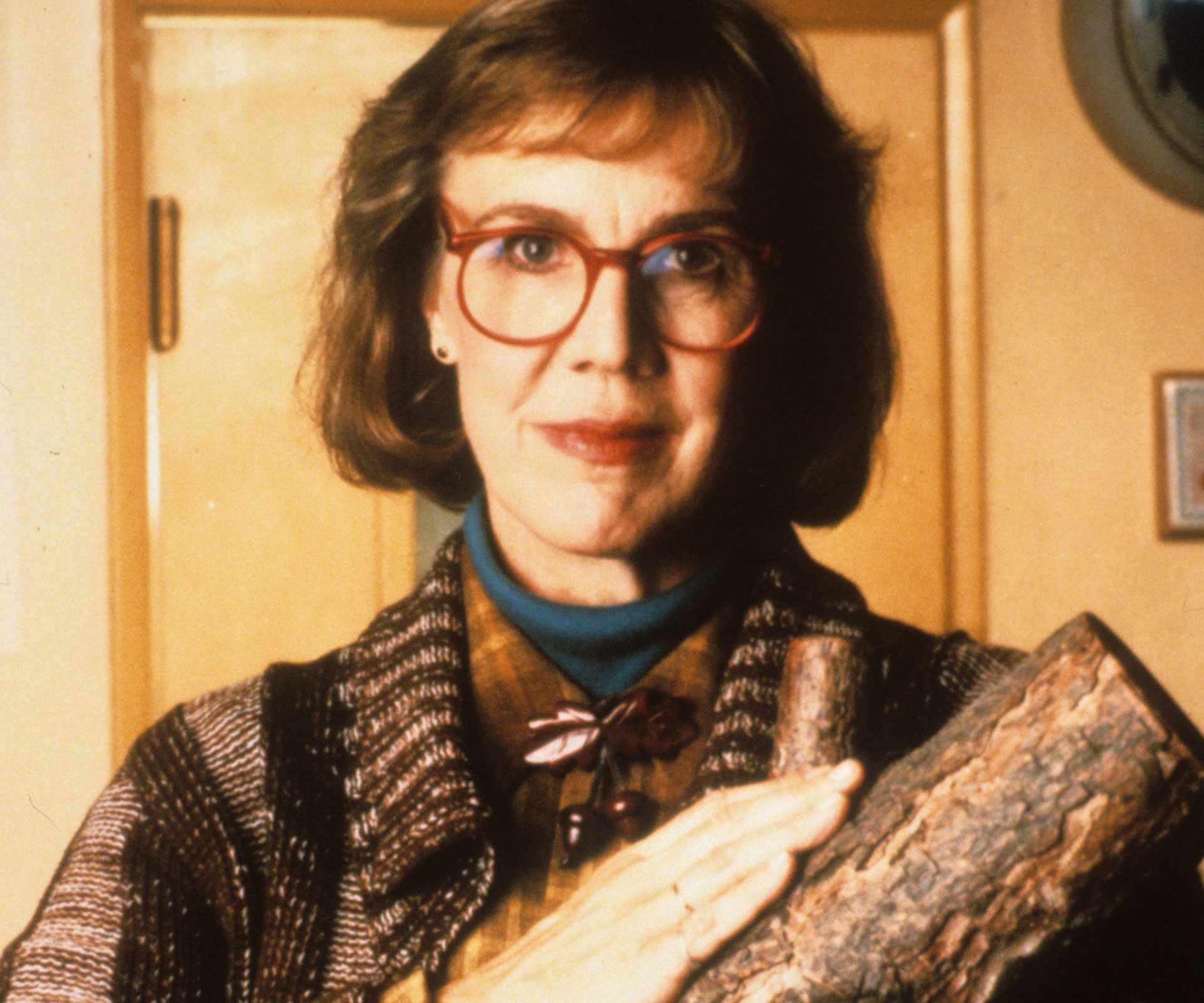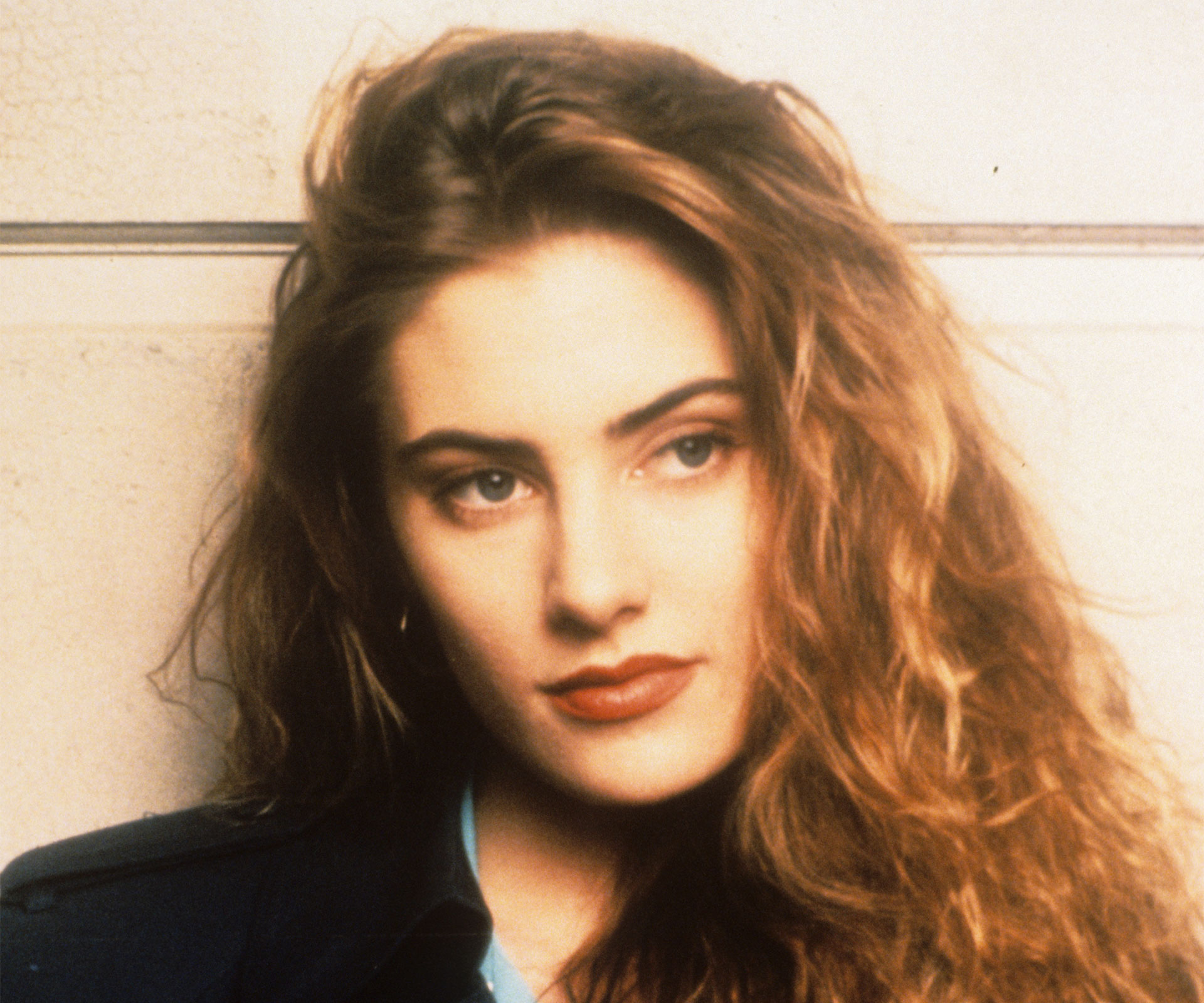It’s impossible to predict when a TV show will achieve cult status. Some think they are but fail (Vinyl), others deliberately position themselves in the cult bracket (Danger 5) and others effortlessly achieve it (Doctor Who). And some shows, like Twin Peaks, redefine everything we think we know about television.
David Lynch and Mark Frost’s creation is unique and managed to capture that lightning in a bottle that few manage to do. And it’s the Lynch touch that ensured that heads were scratched and jaws dropped – always a good sign for potential cultdom.
The set-up – the homecoming queen is found murdered, her body wrapped in plastic and a letter “r” inserted under a finger nail – ensured all who watched the first episode were hooked. As events got more sinister – and bizarre! – the David Lynch we know from cult classics like Eraserhead, Blue Velvet and Wild At Heart reared his bequiffed head.
From backwards-talking dwarfs to ladies who love logs, Lynch’s eye, and ear, for the delightfully eccentric has never been in question. But with Twin Peaks, his unique vision was introduced into unsuspecting households; viewers did not know what hit them and that is what makes a cult classic.
That’s the joy of Twin Peaks, every time you think you know what’s going on, Lynch throws you a curveball. You think you are focusing on Kyle MacLachlan’s wide-eyed FBI boy scout on a mission when it’s the peripheral characters who constantly engage.
From the Log Lady’s other-woodly communications to Leland Palmer’s depressed dance moves, these are beautifully drawn characters with depth and charm, even when Lynch demands an askew take on what constitutes a great performance.
The soapie, and often stilted, dramatics only add to Lynch’s vision, creating a unique, almost alien, landscape.
As we’ve come to know of Lynch, the director always asks more questions than he answers. Just when you begin to understand the mysterious Black Lodge, Lynch’s transcendental musings on life and the surreal dreamscapes the director conjures up, he pulls the zigzag carpet from beneath your feet. Nothing, including the owls, is what it seems.
So be thankful that this type of TV show is finally coming back. The return finds itself in an interesting position. The first season of Twin Peaks is television at its finest. The second season, even though it often went off the rails, is an irresistible concoction that confounds, befuddles and astounds in equal measure. The third? There are huge expectations to meet.
Suddenly the quirky cult show from the Nineties has become the biggest television event of the year. As David Lynch would say, that’s pretty neat.


